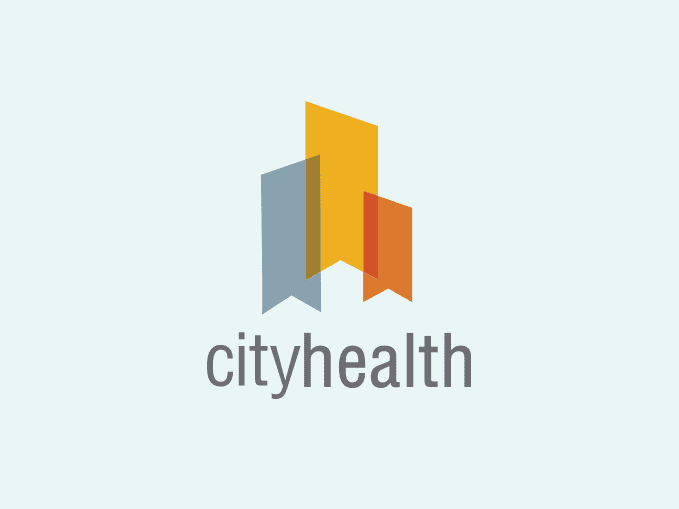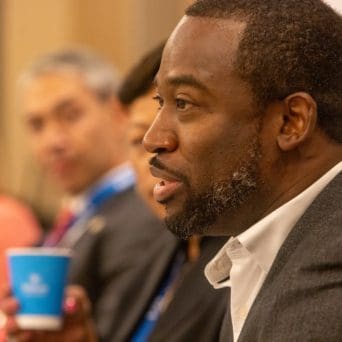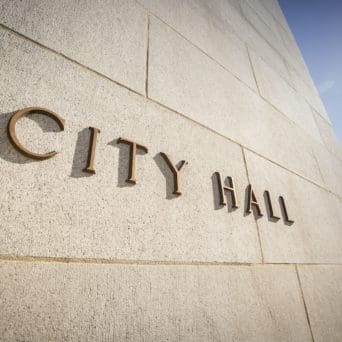Seattle — One frigid morning, on a playground outside a red-painted modular classroom, a preschooler with wispy blonde hair folded her arms across her chest and looked at the ground, the slightest pout forming on her face. “I’m staying out here today,” Ali, 4, said to her father. Hoping to distract her, he kicked a ball. Ali laughed and ran after it. A few minutes later, he had coaxed her inside where it was warm, and she approached a classmate reading a book on the rug.
“Ali has made leaps here,” said the girl’s father, Ryan Price, 41, a sporting goods sales manager. “She used to hang on to my leg when I tried to leave and then spent most of her time in the ‘upset room.’ Now she’s interacting with the other kids and doing her routines.”
The school where Ali is thriving is Creative Kids Learning Center in Northwest Seattle — and it’s cheaper for her parents than most preschools in the neighborhood. In fact, Price said they pay just $1,790 in tuition for the school year. The average cost of center-based care is $14,208 in Washington. That’s because Creative Kids is one of 20 preschools that has joined a city program that not only offers reduced fees, but also mandates class size, length of school day, and curriculum in exchange for higher pay, training, and tuition assistance for teachers. In the absence of adequate federal and state funding, Seattle is building a top-ranked preschool program by subsidizing tuition on its own.




